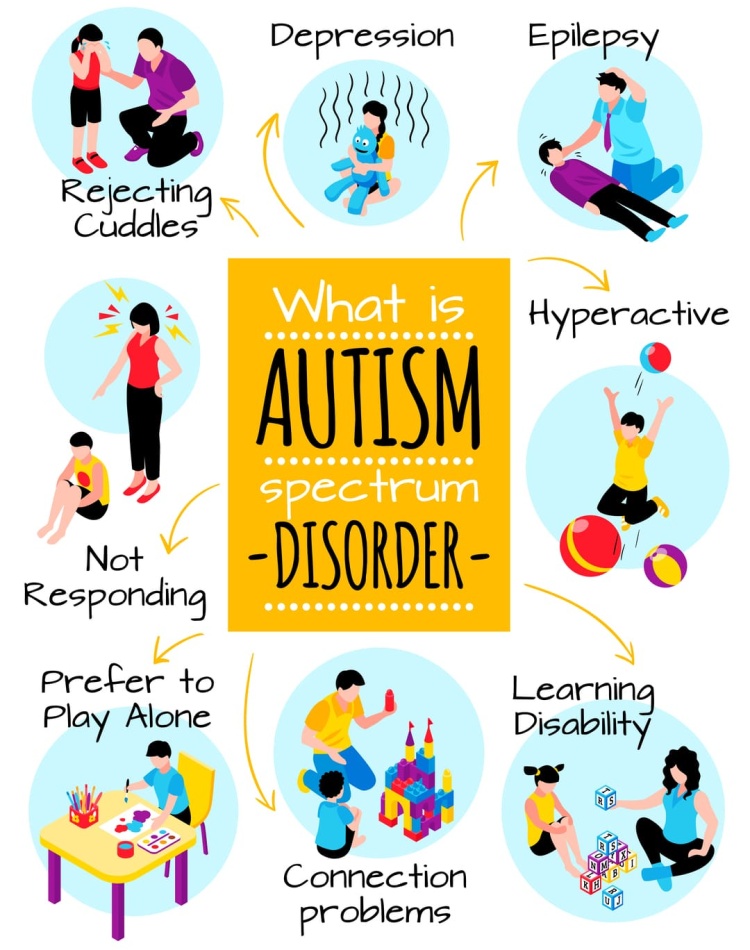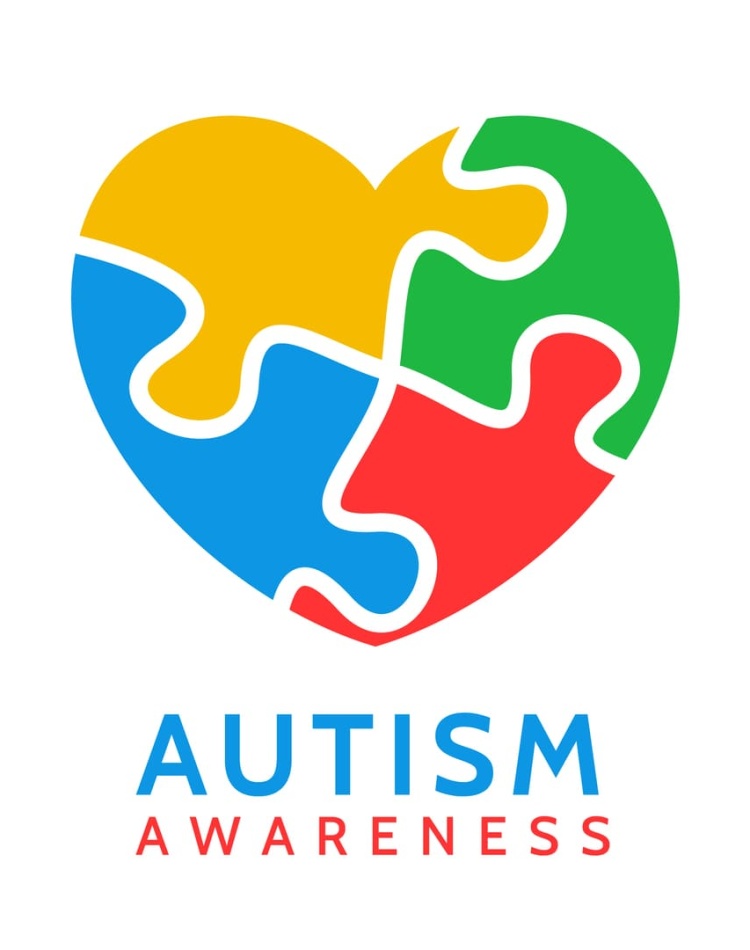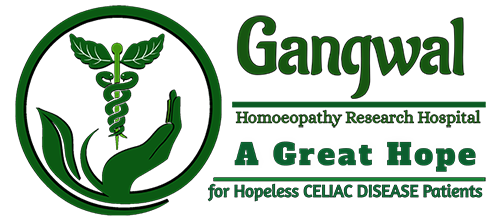Autism Treatment
Autism Spectrum Disorder (ASD) is a developmental disorder that affects communication, social interaction, and behavior. While there is no cure for autism, early intervention and individualized treatment can significantly improve the lives of individuals with ASD and help them develop essential skills and coping mechanisms. Autism treatment typically involves a multidisciplinary approach, tailored to the unique needs and strengths of the individual and it can be cured with the help of homoeopathy.
Here are some common components of autism treatment:

Behavioral Therapies:
Applied Behavior Analysis (ABA) is one of the most widely used behavioral therapies for autism. ABA therapy focuses on teaching functional skills and reducing problem behaviors through positive reinforcement and behavioral shaping techniques. It helps individuals with autism learn social, communication, and self-help skills.
Speech Therapy:
Speech therapy aims to improve communication skills, including spoken language, nonverbal communication, and social communication. It can help individuals with autism develop language and communication abilities, such as using gestures, understanding and expressing emotions, and improving articulation.
Occupational Therapy:
Occupational therapy focuses on improving fine motor skills, sensory integration, and daily living skills. It helps individuals with autism develop functional independence and adaptability in their daily routines and activities.
Social Skills Training:
Social skills training involves teaching individuals with autism appropriate social behaviors and interactions. It helps them understand social cues, develop friendships, and engage in social situations more effectively.
Parent Training and Support:
Parents play a vital role in supporting their child’s development and progress. Parent training programs provide guidance on managing challenging behaviors, implementing strategies at home, and fostering communication and social skills.
Special Education:
Individuals with autism often benefit from specialized educational programs that cater to their unique learning styles and needs. These programs may be offered in mainstream classrooms or specialized autism-focused schools.
Medications:
There is no specific medication that can treat autism itself, but certain medications may be prescribed to manage specific symptoms or associated conditions, such as anxiety, hyperactivity, or sleep difficulties.
Alternative Therapies:
Some families may explore alternative or complementary therapies, such as music therapy, art therapy, or animal-assisted therapy. While these approaches may provide some benefits for some individuals, it’s essential to discuss them with healthcare professionals to ensure safety and effectiveness.

It’s important to remember that autism is a spectrum disorder, and the treatment approach may vary from person to person. Early intervention is critical, as it can lead to significant improvements in language, social skills, and overall development. Families of individuals with autism should work closely with a team of professionals, including behavioral therapists, educators, speech therapists, and healthcare providers, to design a comprehensive and individualized treatment plan.









